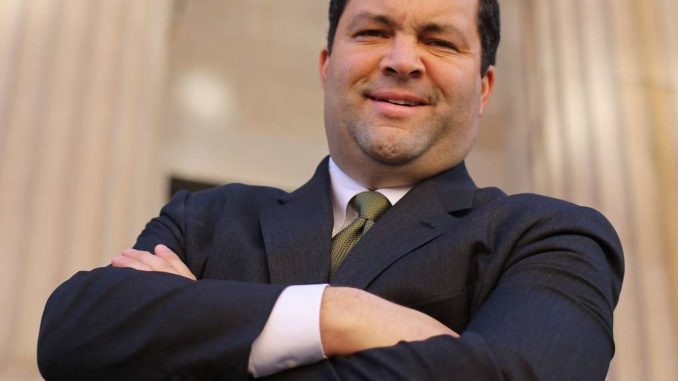
By – There are many lessons to draw from the tumultuous 2020 election, and surely one of the most urgent is that our system of elections is broken. No, not in the way Donald Trump alleges, with his fabulist claims of rampant cheating and voter fraud. Rather, the fault is a combination of structural inequities that were either baked in from the start or have emerged in subsequent years as wealthy special interests have abused the system.
Let’s start with the winner-take-all Electoral College. This antiquated system was installed to, among other things, empower Southern states that enslaved people. And today, it does an excellent job of diluting and sometimes upending the will of the people.
Consider this: Since 1992, only one Republican has won the popular vote in a presidential election, yet because of the Electoral College system, Republican presidents have governed our country for 12 years since then.
It’s also painfully obvious that the Electoral College map forces candidates to focus an inordinate amount of time and money on a handful of competitive swing states, like Florida and Pennsylvania — deprioritizing the needs and concerns of millions of Americans, because candidates don’t need their votes to win.
To end the dominance of the Electoral College and bridge this gap in our democracy, we support the state-based National Popular Vote campaign, which is exactly what it sounds like: a change to electing presidents based on the total number of votes cast.
The VRAA would help put a stop to the voter suppression that has raged out of control, especially for communities of color and in Native American communities, since the Supreme Court gutted the original Voting Rights Act in 2013. Purges of voter rolls, shuttering of polling places, outrageous voter ID requirements — all are the legacy of the loss of the preclearance requirement in the wrecked Voting Rights Act, and they need to stop.
At the same time, we need to stop the perversion of our political system by big money pouring into our elections. When wealthy special interests play an outsized role in the electoral process, the result is lower voter turnout — particularly among people of color, Native American tribes and low-income communities — and, ultimately, policies that favor wealthy and corporate interests. At the federal level, the For the People Act passed by the House (and sidelined by the GOP-controlled Senate) contains many provisions to limit the role moneyed interests can play.
In this election, millions of Americans withstood a public health crisis — and for voters of color, shameful voter suppression tactics — in order to vote. We have shown our sheer will and determination to make our voices heard at the ballot box, but we still have a system that doesn’t fully honor the principle of one person, one vote. Instead, we have one that reflects the undemocratic belief that has characterized too much of our history: that some people deserve more power than others. And that’s wrong.
Ben Jealous serves as president of People For the American Way and People For the American Way Foundation and was previously national president of the NAACP. This column was originally published by The Baltimore Sun.
For more on the original article visit link below:


Be the first to comment